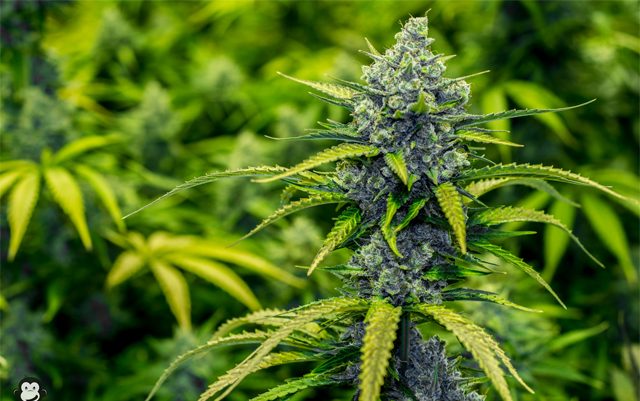Among conditions that people treat with cannabis, the most common are probably chronic pain, depression and anxiety – likely because these conditions affect people across all age groups. Studies have found that cannabis is an effective treatment option for those suffering from mental health conditions like depression, anxiety and stress, but the studies have mostly looked at CBD and THC on their own, and not smokable cannabis as most people would use at home.
This latest study, conducted at Washington State University, looked at data provided by Strainprint – an app that allows patients to track types of strains and dosage to help them medicate more accurately – and found that cannabis reduces perceived negative symptoms in these mental health conditions. Published in the Journal of Affective Disorders, the study compiled data on which types of strains and at what dosages people saw the most improvement in their symptoms.
“Existing research on the effects of cannabis on depression, anxiety and stress are very rare and have almost exclusively been done with orally administered THC pills in a laboratory,” Study author Carrie Cutler said. “What is unique about our study is that we looked at actual inhaled cannabis by medical marijuana patients who were using it in the comfort of their own homes as opposed to a laboratory.”
Interestingly, patients who used smokable cannabis found an 89.3 percent reduction in symptoms of depression – while 3.2 percent found their symptoms worsen and 7.5 percent said it made no difference. For anxiety, symptoms were reduced a total of 93.5 percent – while 2.1 percent saw an increase in symptoms and 4.4 percent saw no difference. For stress, the numbers were very similar, at 93.5 percent finding relief and 2.7 percent seeing symptoms worsen while 4 percent saw no change.
“This is to my knowledge one of the first scientific studies to provide guidance on the strains and quantities of cannabis people should be seeking out for reducing stress, anxiety and depression,” Cutler said. “Currently, medical and recreational cannabis users rely on the advice of bud tenders whose recommendations are based off of anecdotal not scientific evidence.”
Unlike most, this study also looked at the levels of THC and CBD in the strains consumed by patients – which found that for depression, strains with low levels of THC and high levels of CBD were the most effective. For anxiety and stress, patients found the most relief with a strain that was both high in THC and CBD – with anywhere between a couple of puffs and 10 puffs being enough to see a significant reduction in symptoms.
While this information may not be new to most – especially to anyone who has been using cannabis to fight these mental illnesses – it is still important research. This proves that people are truly finding relief through cannabis, and that it is a safer alternative to prescriptions that often make symptoms worse before they get better.






